ICI Berlin Press
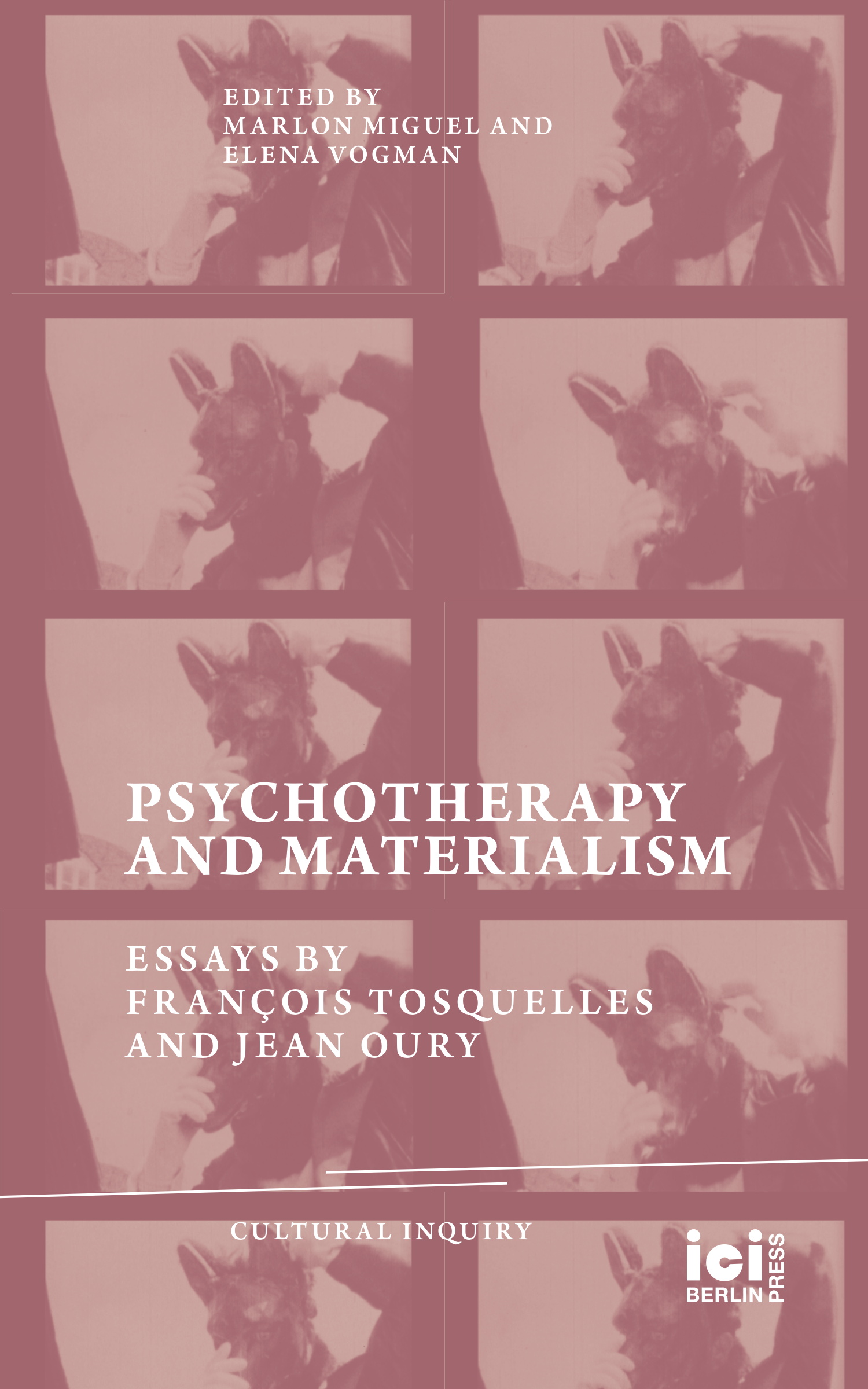
Institutional psychotherapy emerged in France during World War II as a resistance movement against the fascist extermination of patients with mental and physical disabilities. The movement was initiated at the Saint-Alban psychiatric hospital and established a horizontal collective of patients and healthcare workers to dismantle confinement systems reminiscent of colonial and totalitarian practices. Embracing group therapies and patient-run cooperatives, these methods intertwined the ‘treatment of the institution’ and mental ‘disalienation’. The book Psychotherapy and Materialism offers the first English translation of two seminal texts by institutional psychotherapy co-inventors François Tosquelles, a Catalan psychiatrist and anarcho-syndicalist, and Jean Oury, founder of the La Borde clinic. Inspiring figures like Anne Querrien, Ginette Michaud, and Fernand Deligny, as well as being crucial to Frantz Fanon’s decolonial psychiatry and Félix Guattari’s schizoanalysis, Tosquelles and Oury’s materialist and ‘disalienationist’ approach has led to a radical rethinking of psychoanalysis, education, and social work.
[+]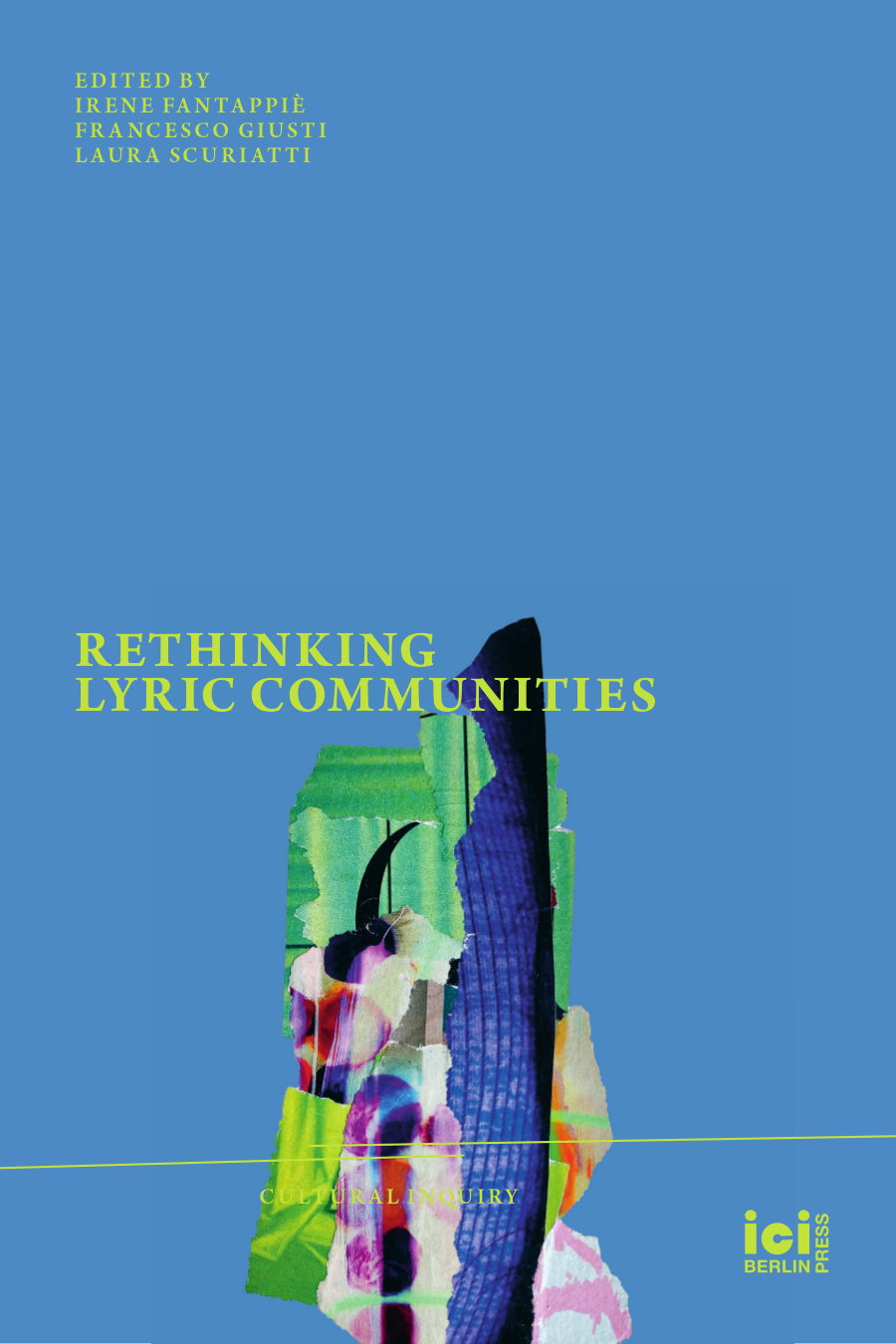
In contemporary Western societies, lyric poetry is often considered an elitist or solipsistic literary genre. Yet a closer look at its history reveals that lyric has always been intertwined with the politics of community formation, from the imagining of national and transnational discursive communities, to the use of poetry in episodes of collective action, protest, and social resistance. Poetic forms have circulated between languages and traditions from around the world and across time. But how does lyric poetry address or even create communities — and of what kinds? This volume takes a global perspective to investigate poetic communities in dialogue with recent developments in lyric theory and concepts of community. In doing so, it explores both the political potentialities and the perils of lyric poetry.
[+]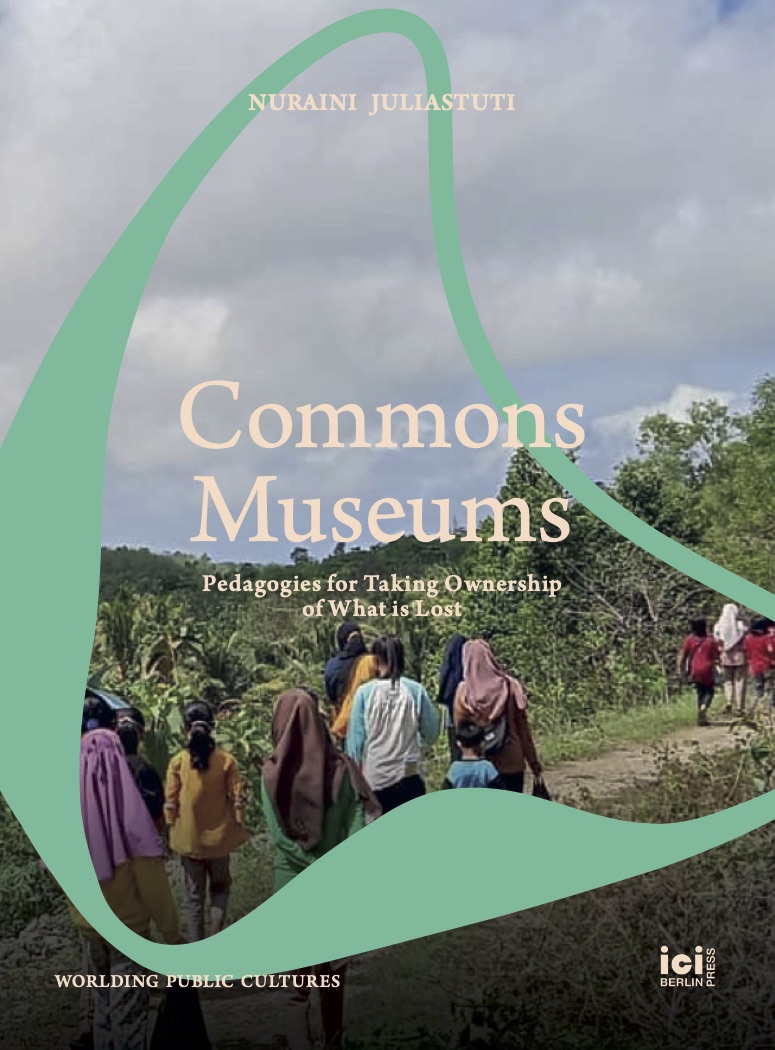
This chapbook centres pedagogy within a new model of museum practice that prioritizes community. It focuses on two cultural institutions in Indonesia, the Pagesangan School in Yogyakarta and the Lakoat.Kujawas in Mollo, East Nusa Tenggara, and uses the concept of the ‘commons museums’, which encompasses heritage, memory, and knowledge production to shape futures. The historical theft of cultural heritage and the extraction of natural resources are situated in Indonesia’s post-Reformation context, with collective archives becoming methodologies for survival. The commons museum expands perspectives around restitution, foregrounding collective research and community struggles as instruments for restoring justice and recovering knowledge.
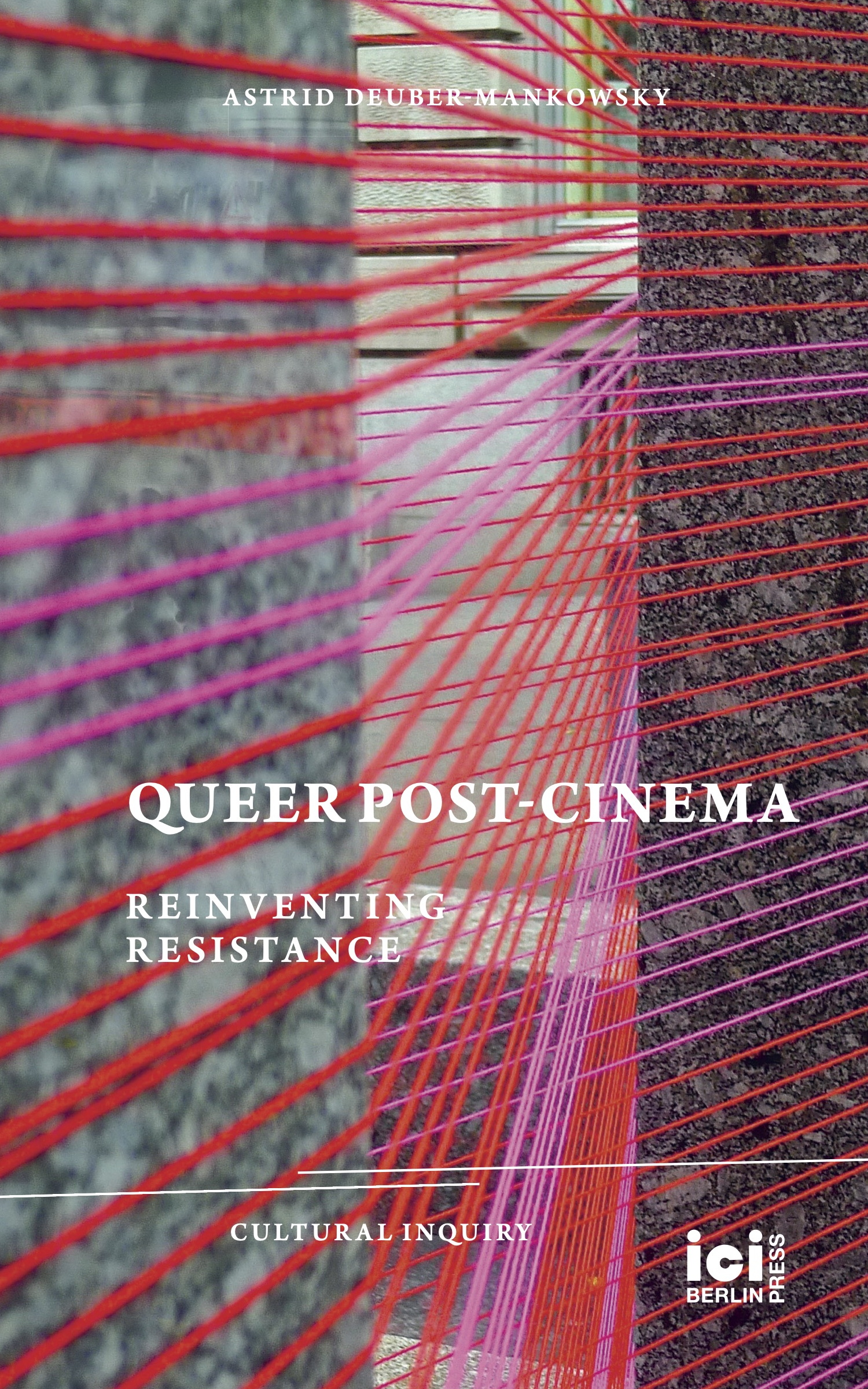
The pioneers of what has been labelled New Queer Cinema laid the foundation for a Queer Post-Cinema — a movement in which artists experiment with technology in innovative ways. Through original readings of Todd Haynes’s early films, Sharon Hayes and Yael Bartana’s videos and installations, Su Friedrich’s digital video Seeing Red, Charlie Prodgers’s iPhone film Bridgit, and Claire Denis’s science-fiction film Highlife, this monograph shows how artists are creating a new form of resistance in the time of the digital image and generative AI.
[+]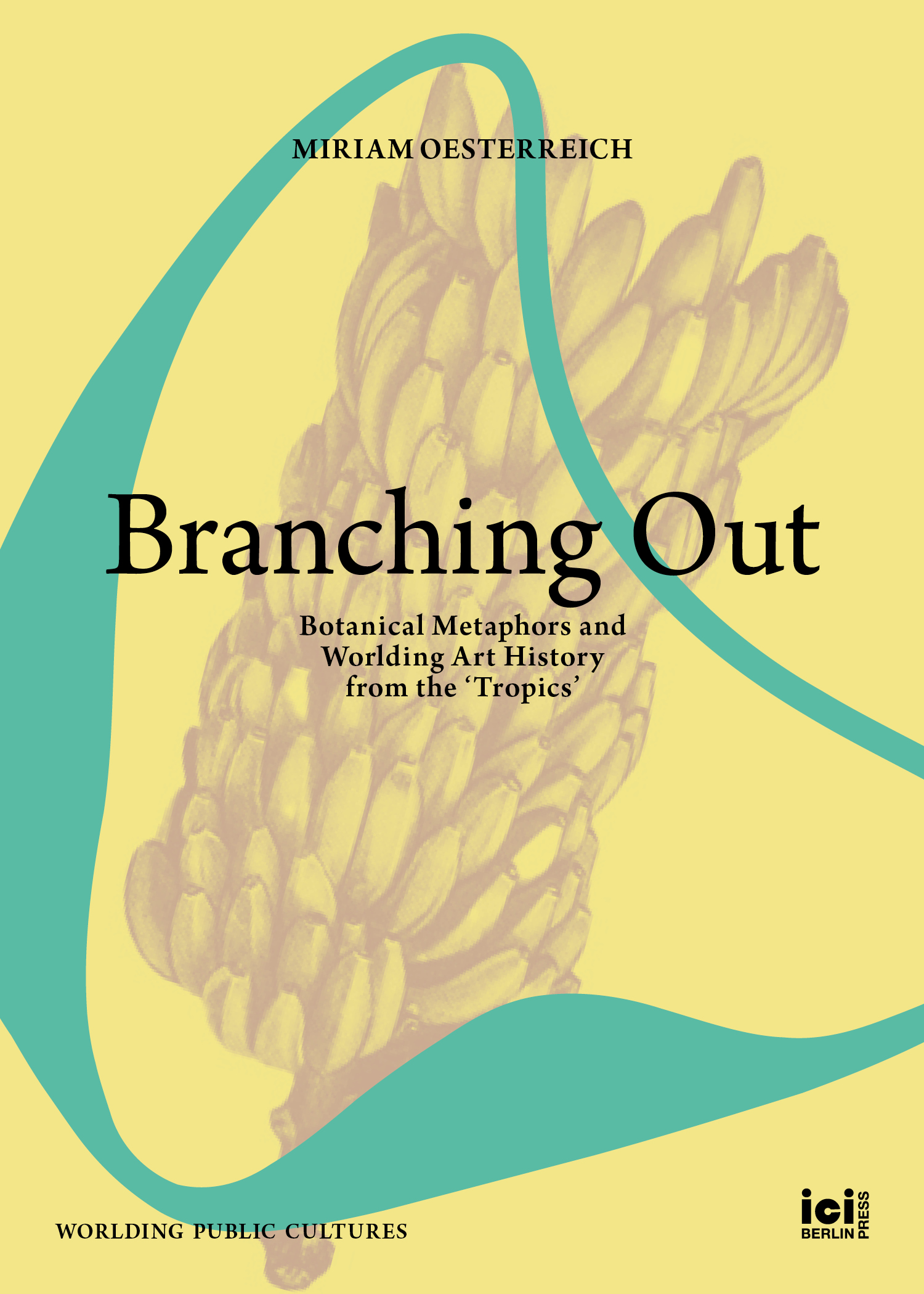
This chapbook examines the aestheticization of plants in colonial discourses and charts visualizations of art histories that use the tree as a metaphor. In doing so, Miriam Oesterreich considers how ‘tropicalized’ tree forms have been reappropriated to portray a more ‘worlded’ art history. In the mid-twentieth century, prominent visual artists including Miguel Covarrubias, Alfred Barr, and Ad Reinhardt featured trees of art as canonizing illustrations of Western art history. Using Pablo León de la Barra’s poster Diagrama Tropical/Nova Cartografia Tropical (2010) as a starting point Branching Out discusses works by contemporary artists from Latin America and the Caribbean to look at the subversive potential in reimagining plant images and metaphors.
[+]



